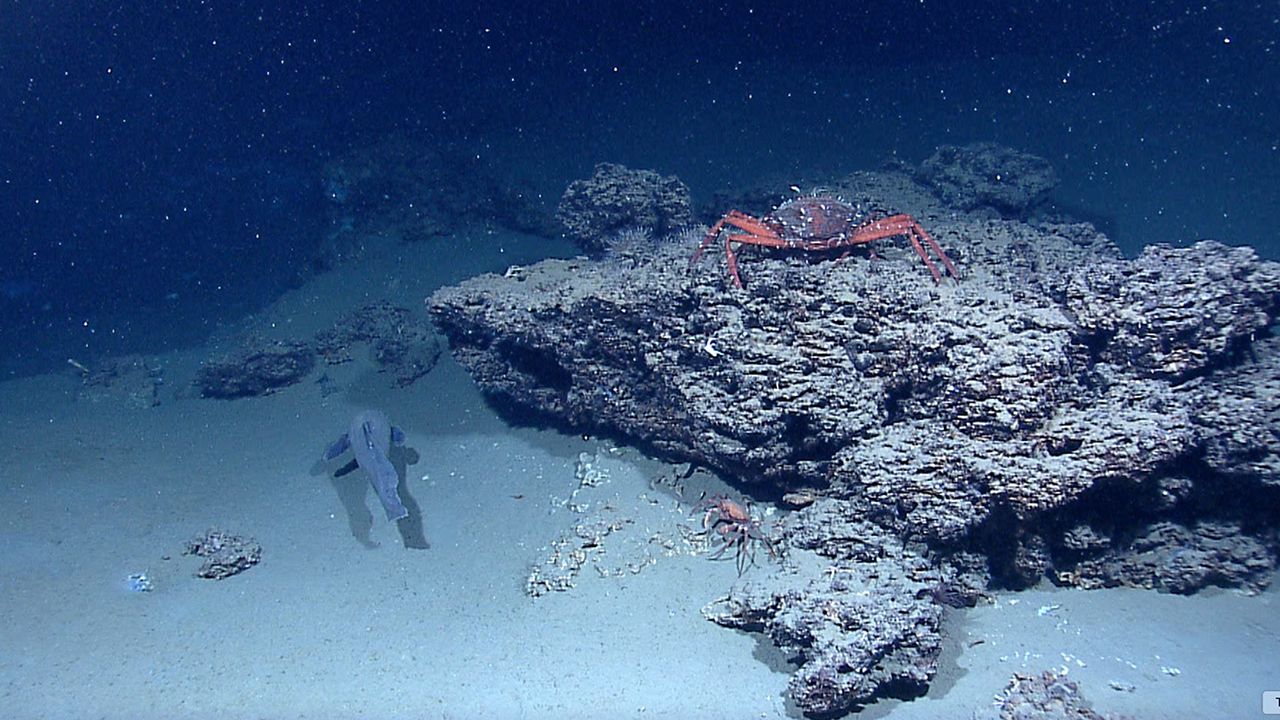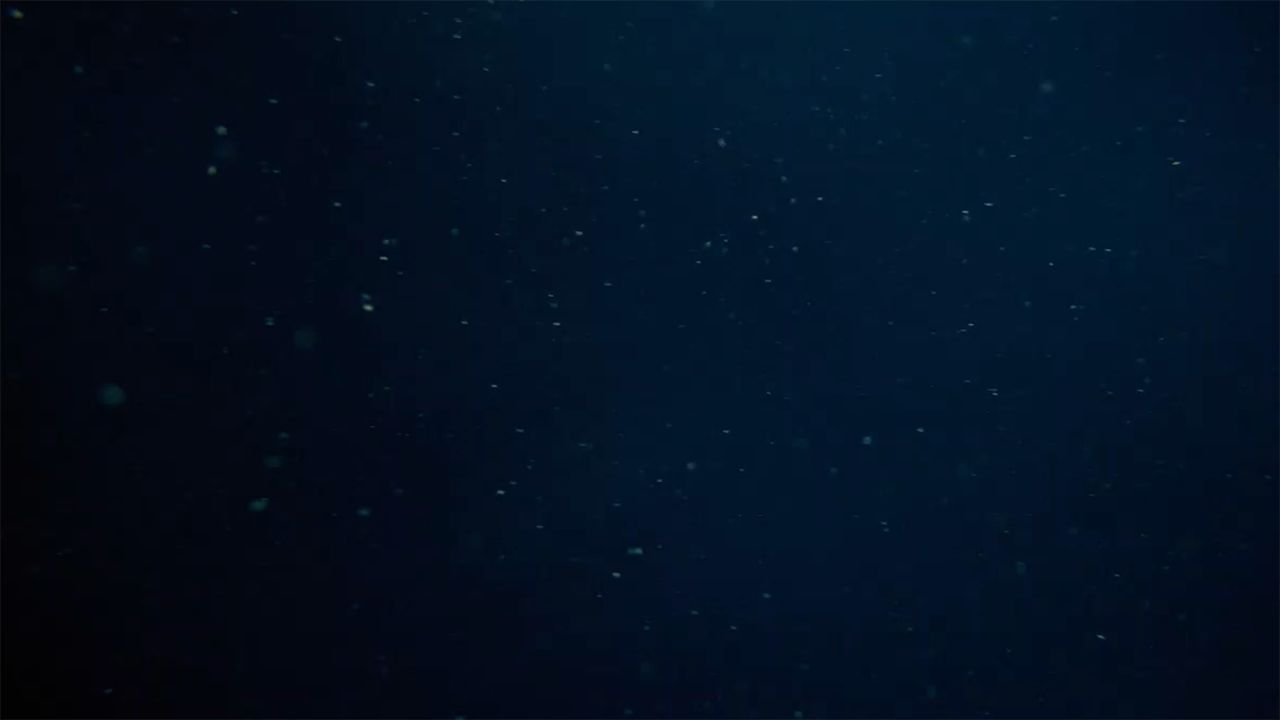No, it’s not the snow you’re used to. In fact, it’s not frozen water at all.
However, it is a great source of nutrition for deep sea dwellers.
Like the snow that falls from high in the atmosphere to the ground, this “snow” starts at the top of the ocean and falls toward the seafloor, but it’s not something you want to catch on your tongue.
The plants and animals that die and decay near the surface of the ocean fall to the bottom of the ocean, making marine snow. NOAA explains that this snow also contains fecal matter, sand, soot and dust.
The “snow” resembles the snow we see, which looks white and fluffy. It even grows as it makes its way down to the ocean floor.
As it floats down in the ocean, it provides food for many sea creatures. Even the ocean-floor dwellers eat it as it falls toward the seabed.

Whatever doesn’t get eaten becomes part of the “ooze," which is the slimy and muddy sediment on the ocean floor.
NOAA states, “the ooze collects as much as six meters every million years.”
Our team of meteorologists dives deep into the science of weather and breaks down timely weather data and information. To view more weather and climate stories, check out our weather blogs section.



